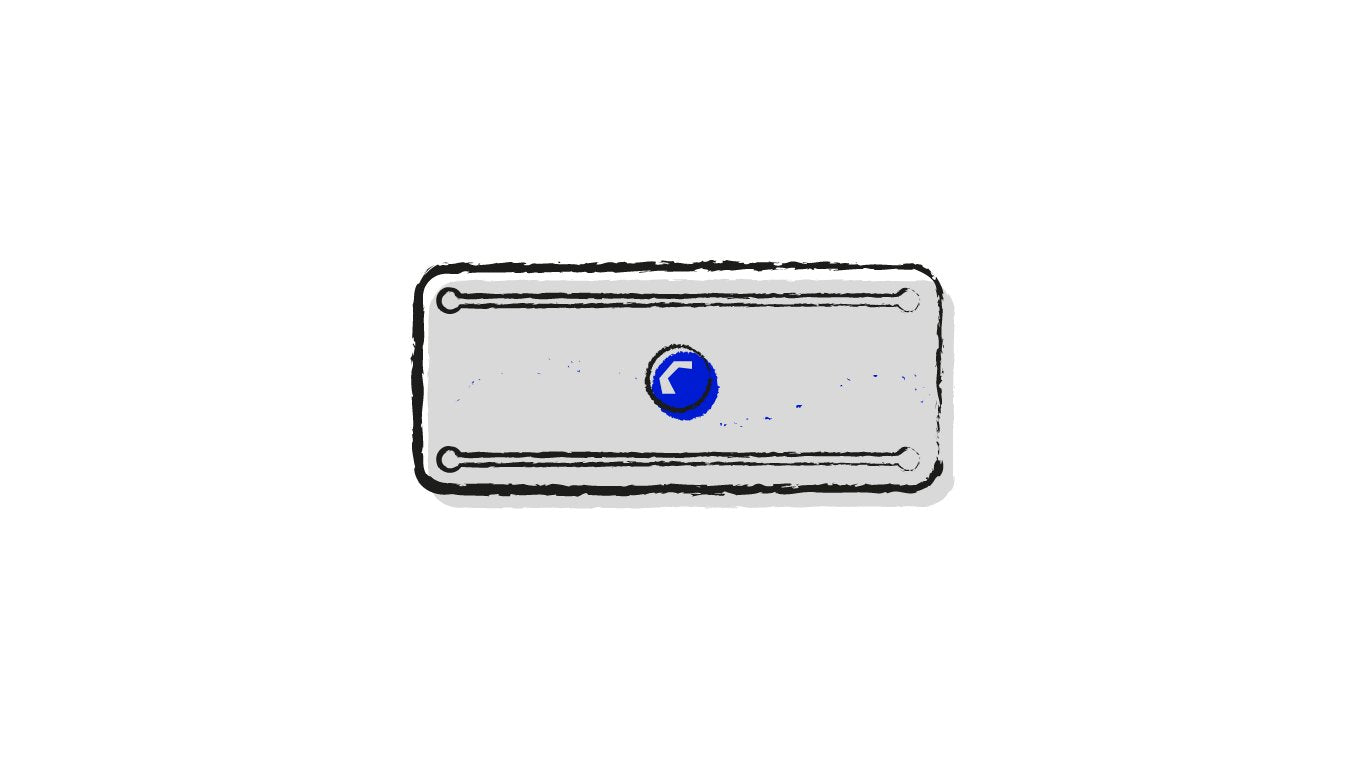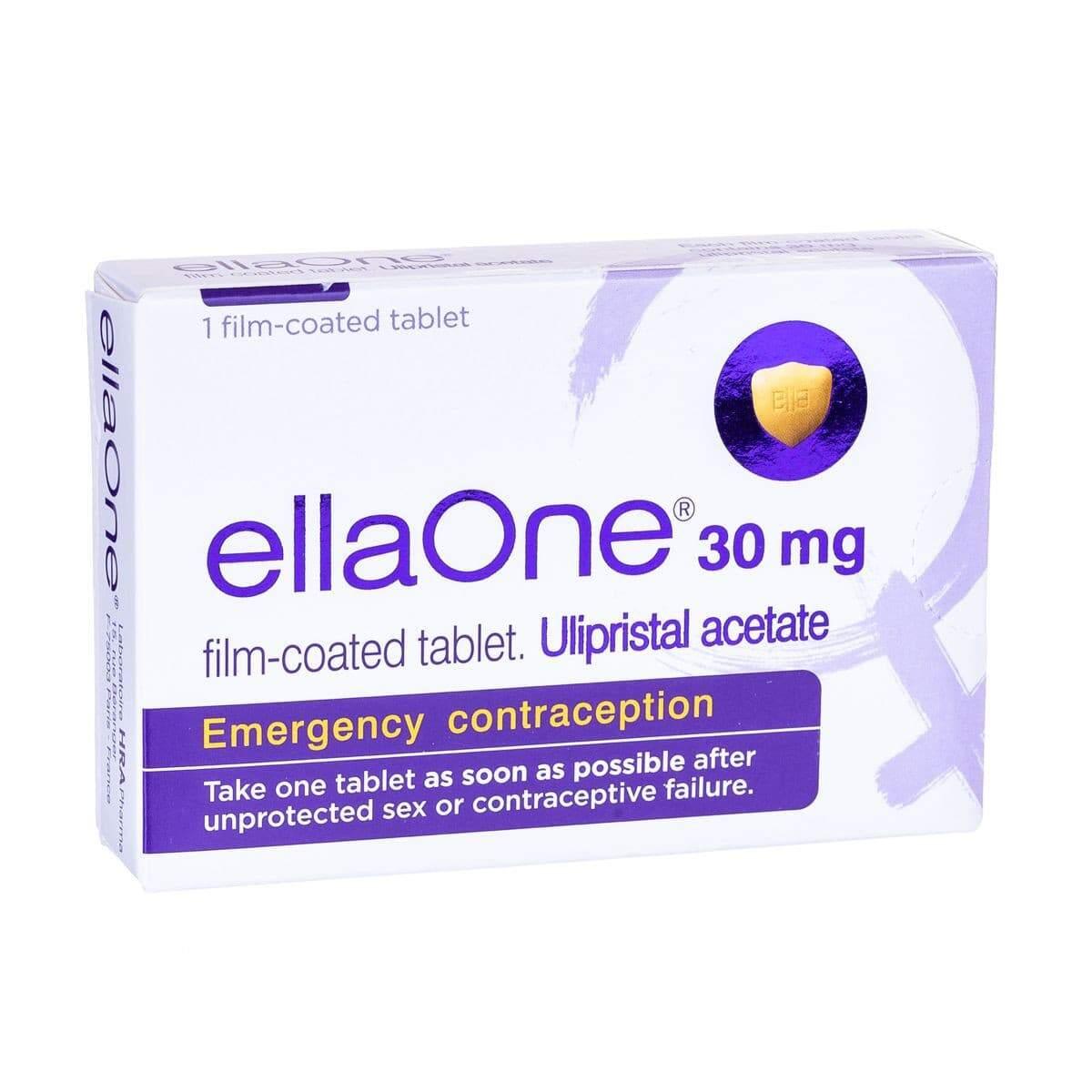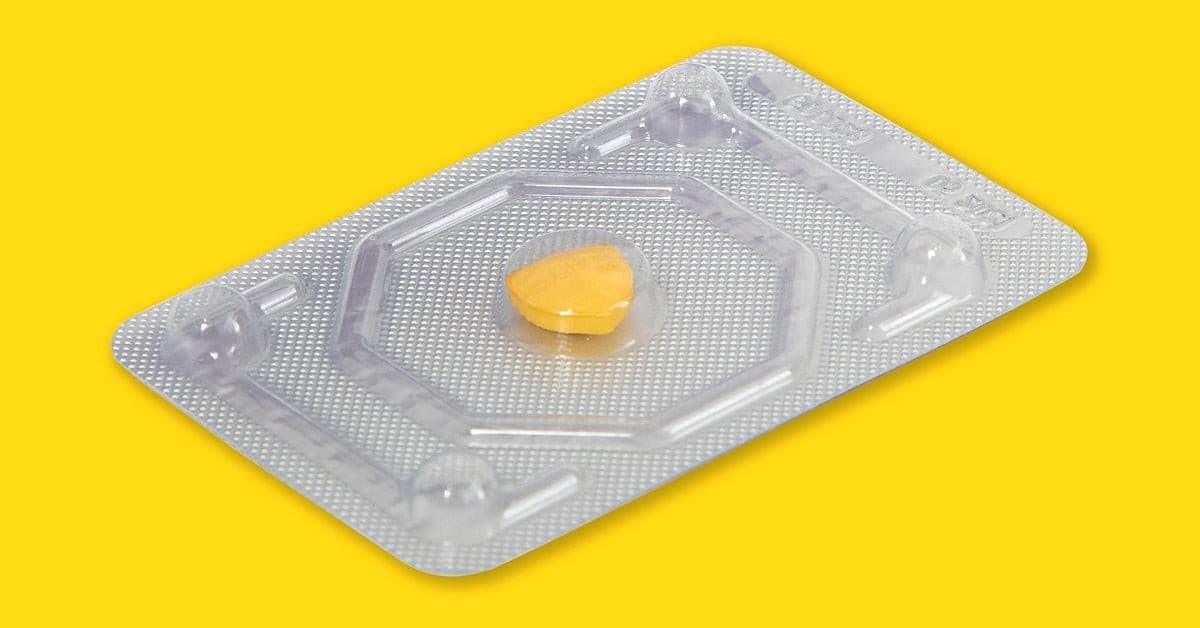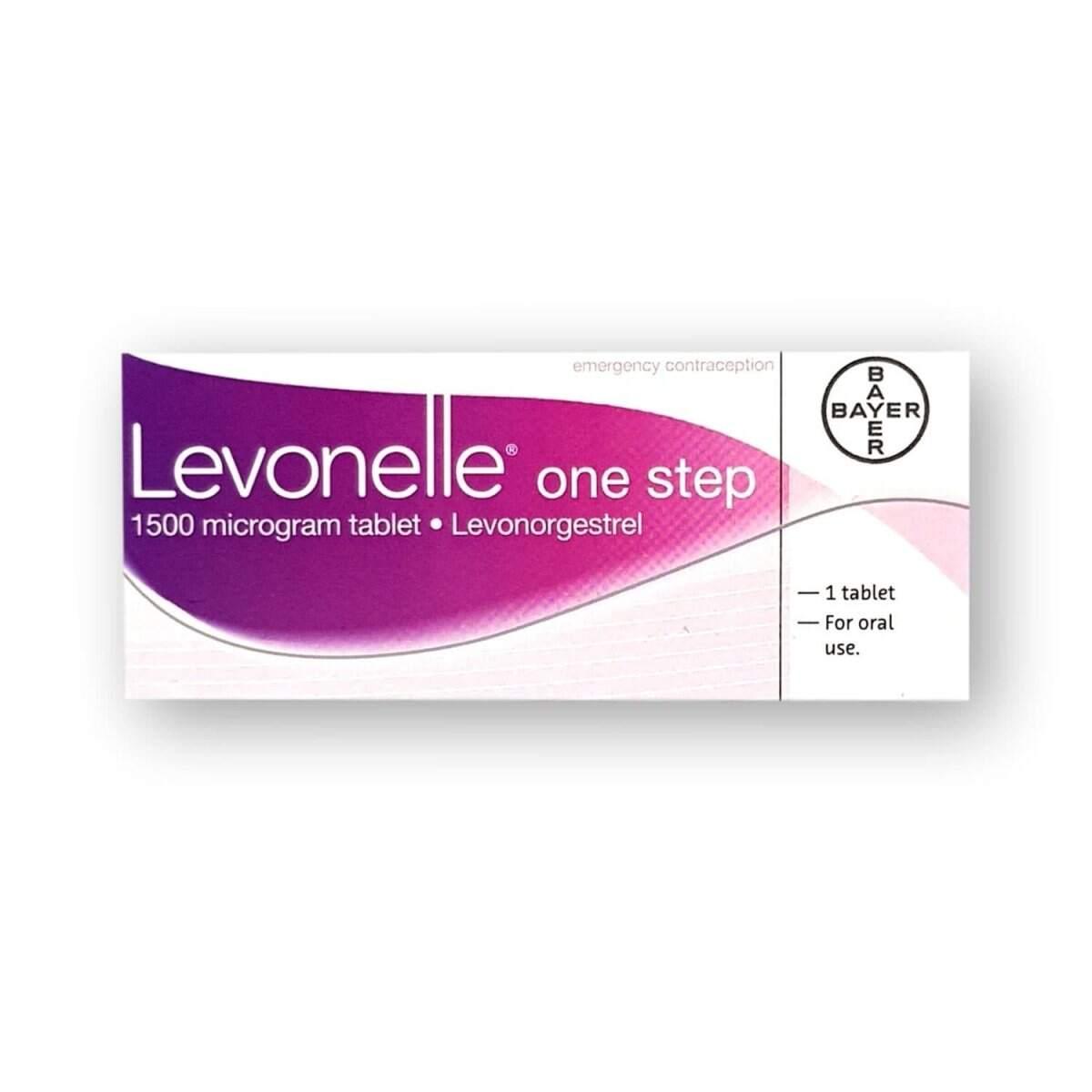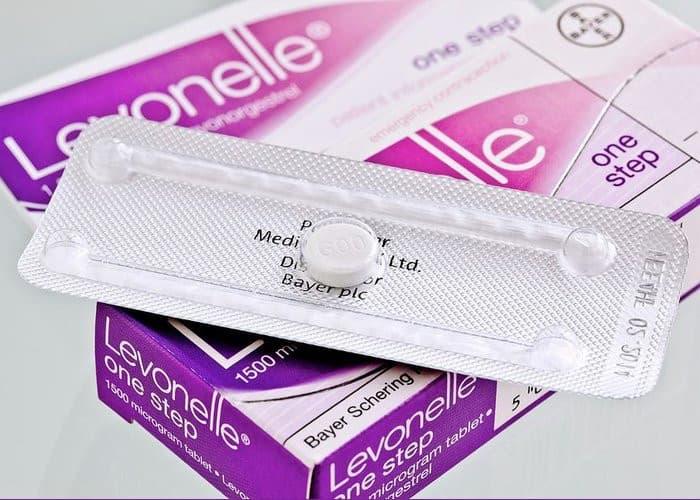Emergency contraception serves as an important option for preventing unintended pregnancies and offering peace of mind in critical situations. Its significance lies in:
Timely Action: Emergency contraception provides a short window of opportunity to prevent pregnancy after unprotected intercourse, making timely use crucial.
Reduced Risk of Unintended Pregnancy: By taking emergency contraception, individuals can significantly reduce the risk of pregnancy following instances of contraceptive failure or unprotected sex.
Preventing Emotional Distress: Unintended pregnancies can lead to emotional distress and decision-making challenges. Emergency contraception can help alleviate these concerns.
Empowerment: Access to emergency contraception empowers individuals to take control of their reproductive health and make informed choices about when to start or expand their families.
Protection After Sexual Assault: For survivors of sexual assault, emergency contraception offers a means to reduce the risk of pregnancy resulting from non-consensual intercourse.
In conclusion, emergency contraception is a time-sensitive option for preventing unintended pregnancies after unprotected or inadequately protected intercourse. By understanding the available methods, their effectiveness, and the importance of timely use, individuals can make informed decisions about their reproductive health and take steps to reduce the risk of unintended pregnancy in critical situations. It's essential to consult a healthcare provider or a pharmacist to discuss the best option based on individual circumstances and receive guidance on using emergency contraception effectively.

